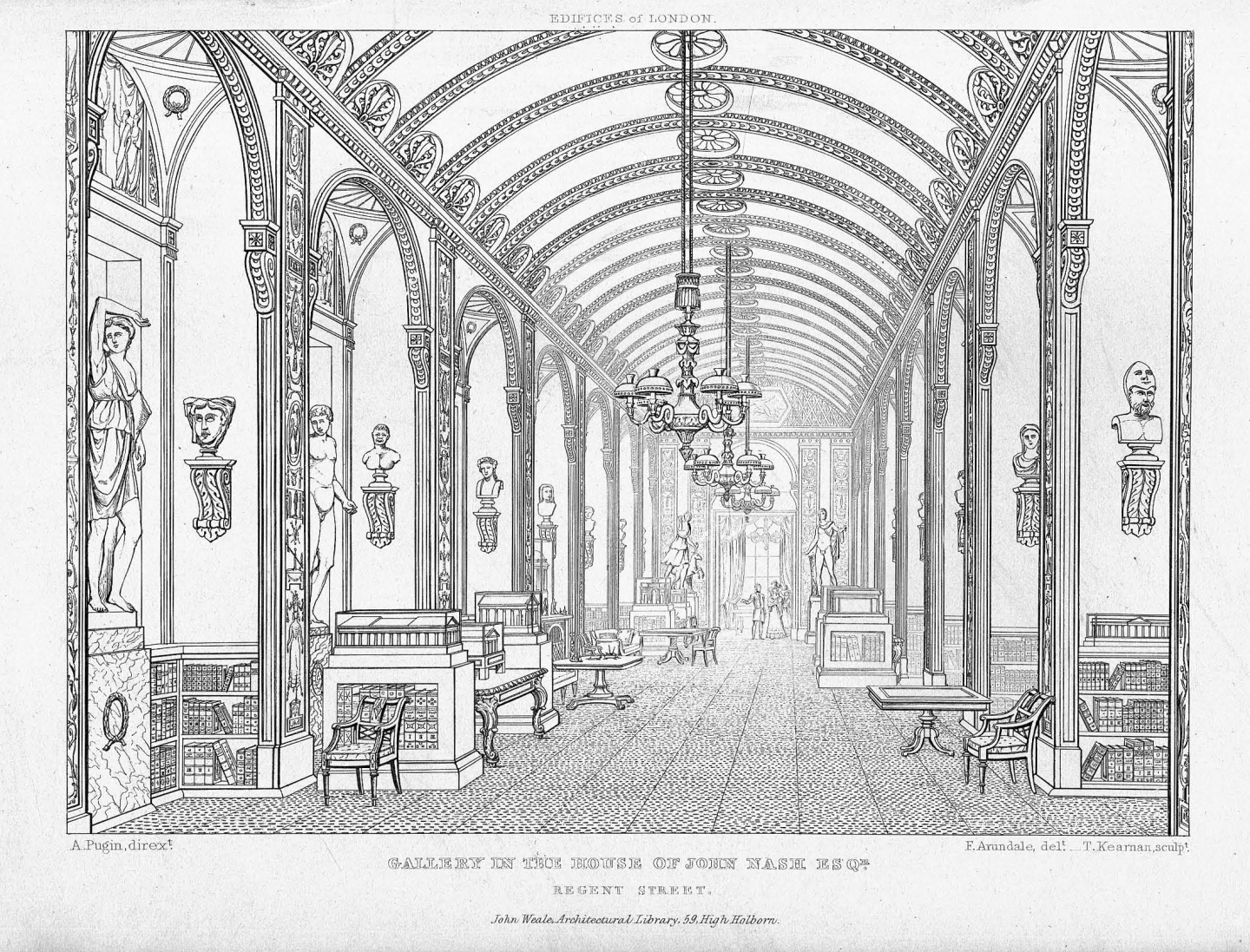
Architectural models made nineteenth-century London. As the city expanded, new buildings, new urban spaces, and new networks of infrastructure were debated and constructed. In this setting, scale models allowed the metropolis’ buildings and spaces to become conceivable, operating as a conduit between architects, politicians, and the wider public. Based on extensive research in archives and museum collections, as well as from the contemporary press, this talk will address the socio-political role of architectural models through a range of images and objects – from technical products to sculptures, diagrams to engravings, maps to photographs – that expand our understanding of both the nineteenth-century built environment and the politics of design today.
The Berlage Sessions is a thematic seven-part seminar series focusing on scholarly research and critical approaches to the history and theory of architecture and urban design. This spring’s series, entitled “In and Out of Scale,” examines select ideas and projects that reconsider the scalar relationships of the built environment, from radio transmission and television broadcasting to the model and the chair. Organized from the large to small scale, topics will include the remote transmission of information in the Cold War; televangelical spaces—worship sites, churches, hospitals, university campuses—that were either retrofitted to accommodate television or designed explicitly for its technology between the late 1950s and the early 1980s; the various interpretations and misinterpretations of “artificial land” in postwar Japan; how the construction of new garden cities not only scaled up building commissions but also created new local economies; on the staging of miniature landscapes for large-scale photographs; how scale models were used as descriptive instruments in nineteenth-century London; and a consideration of how the Indian planter’s chair affirms past influences while also sensitively converses with the present. Speakers will include Rachel Julia Engler, Jesse Honsa, Casey Mack, Sarita Sundar, Alfredo Thiermann, Matthew Wells, and Edwin Zwakman.
People
Matthew Wells is Assistant Professor in Architectural History at the University of Manchester. His research uses architecture to examine society, institutions, and individuals in the long nineteenth century. Before his appointment at Manchester he was junior faculty at the Institute for the History and Theory of Architecture (gta), ETH Zurich. He was elected a fellow of the Royal Historical Society in 2023.
Wells is the author of two monographs Modelling the Metropolis: The Architectural Model in Victorian London (gta Verlag, 2023) and Survey: Architecture Iconographies (Park Books, 2021). Foolishly he is working on two new book projects simultaneously: one, Things of Modernity’, is a new history of European architecture focused on material culture; another is a study of Victorian architecture read through the circulation of capital, people, and resources around the world.